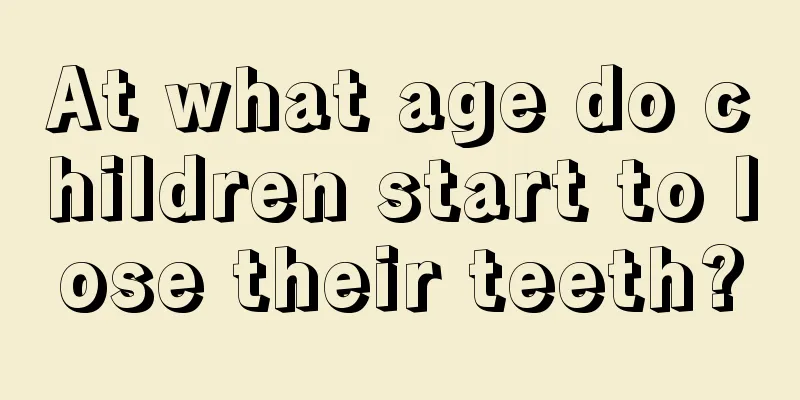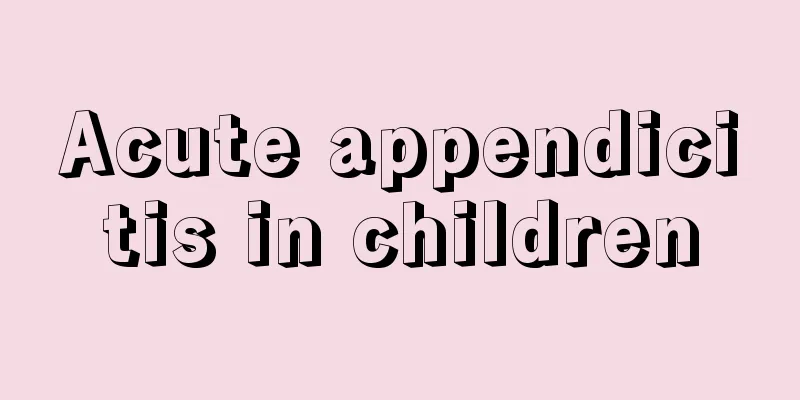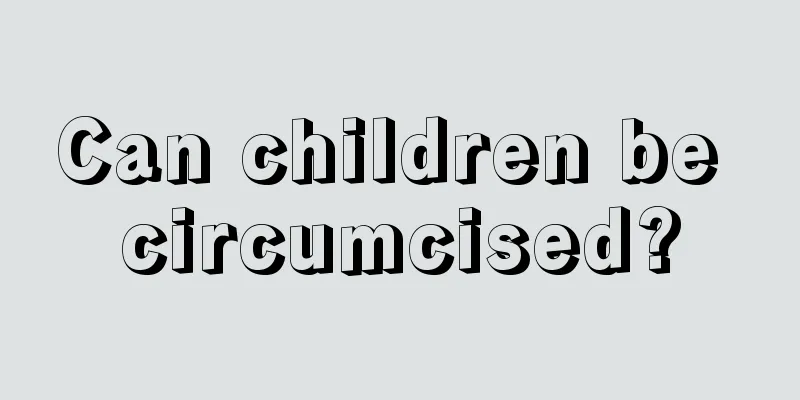At what age do children start to lose their teeth?

|
For every child, when they reach a certain age, they start to replace their baby teeth. During this period, parents should protect their children well and help them go through the tooth replacement period in a timely and safe manner, which will have a better effect on their dental health. Below, the editor will introduce in detail some age stages and precautions regarding children's tooth replacement. Normally, at the age of 6 to 7, the deciduous central incisor (central front tooth) of the mandible begins to shake and fall out, and soon the permanent central incisor grows in its place; at the same time, the first molar grows behind the second deciduous molar. After that, the other teeth were replaced one after another. The permanent monocuspids and bicuspids can only grow out after the deciduous teeth in the same position fall out. By the age of 12 to 13, all the deciduous teeth have fallen out and have been replaced by permanent teeth. After that, permanent teeth will grow separately: the second molar will grow behind the first molar at the age of 12 to 14, and the third molar will grow after the age of 18. It is normal for some people to not have third molars. The order and timing of tooth replacement are roughly as follows: Number of teeth and time of tooth replacement 4 central incisors 6-7 years old 4 lateral incisors 8-9 years old First pair of canines 4 at 10 years old Single canine 4 11 years old Second canines 4 12 years old First molars 4 at age 6 4 second molars at 13 years old It hurts a little when teeth are replaced. The process of teeth loosening and falling out is generally not painful, but as the deciduous teeth begin to fall out, the "six-year molars" will also grow out, which may cause swollen gums and cause children to complain of toothache. If the pain is severe, you need to see a dentist to see if you need anti-inflammatory and analgesic treatments. As children grow older, they should eat more chewy foods such as jellyfish, peanuts, sugar cane, spiced beans, etc. to maintain a good stimulation effect on the deciduous teeth and promote the shedding of deciduous teeth on time. When the child is about 10 years old, the front incisors and back molars have erupted, and parents can add some celery stalks, corn, apples and other foods to them to ensure a smooth tooth replacement and give the child a healthy and neat permanent tooth. Oral hygiene is very important for children during the period of tooth replacement. Through the above understanding, I think parents should also understand the age stage of children's tooth replacement and some precautions. So when your children are going through the process of changing their teeth, parents must pay attention to protecting the health of their teeth. |
<<: How to treat precocious puberty in children?
>>: Why do children sweat at night?
Recommend
What is the standard height and weight for a 7-year-old boy?
Many parents said that after taking their childre...
The baby fell off the bed and landed on his head
Many babies are not quiet when they sleep. Theref...
Treatment for yellow eyes in babies
Yellowing of babies' eyes causes great distre...
Why does my baby vomit suddenly in the middle of the night?
For a family, the baby is really the core figure ...
What should I do if my nine-month-old baby has a cold and cough?
Children getting sick is what parents worry about...
What to eat for children with allergic cough
We all grew up eating whole grains, so some disea...
What to do if your baby sweats while sleeping at night
Many parents are always worried that their babies...
What are the developmental standards for babies at 14 months?
For every parent, they are particularly concerned...
What are the dangers of children playing with mobile phones?
In today's society, almost everyone owns a mo...
White spots on newborn's face
Many mothers have found that their newborn babies...
Rehabilitation training methods for children with cerebral palsy
Many people are familiar with cerebral palsy. Thi...
What to do if your child has acne on his face
Due to the poor living environment today, many pe...
What should I do if my two-month-old baby has a poor appetite?
A two-month-old baby is still drinking milk. If t...
When will the baby's fontanelle close and what should I do if it closes prematurely?
The baby's fontanelle will close automaticall...
What should I do if my baby has a bloated stomach and diarrhea at eight months old?
If your baby has abdominal distension and diarrhe...









